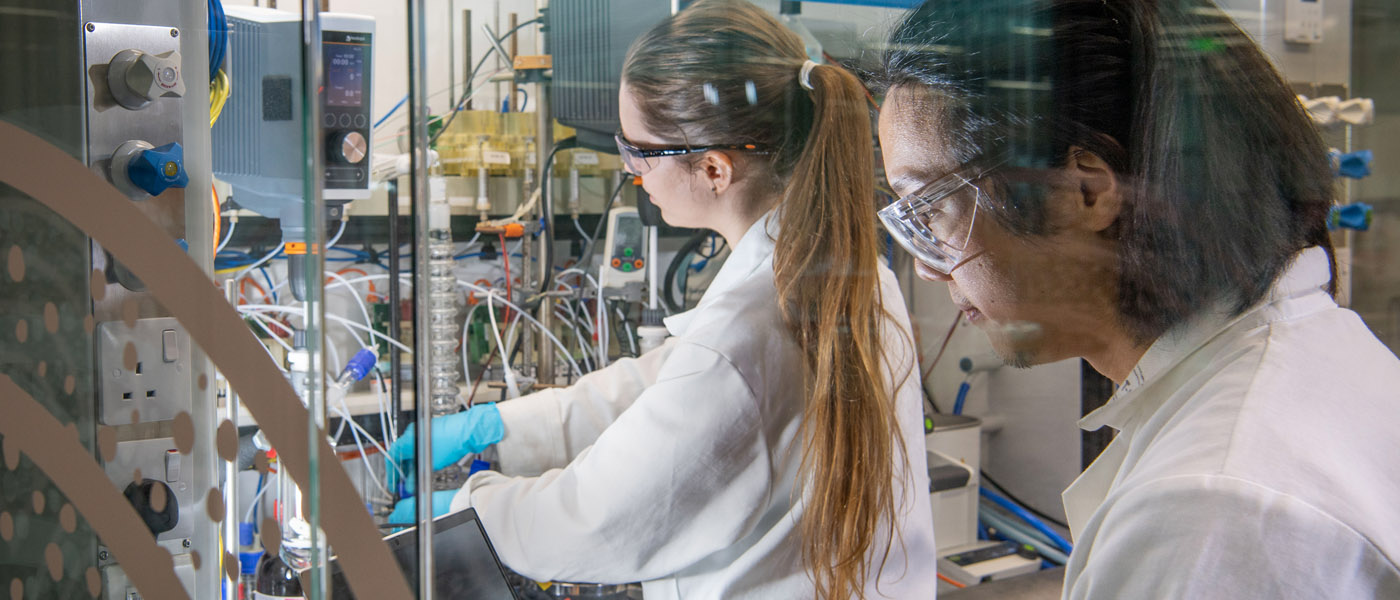High-quality research with real-world impact

UofG has been recognised for its world-leading research and the positive impact it has on society, by the 2021 Research Excellence Framework (REF).
The results of REF2021 confirm the very high quality of research that is undertaken across the university – with 93.1% of our research judged to be world leading or internationally excellent.
This is a notable improvement on the last research assessment in 2014. As a result, the Times Higher Education now rank the University as =13th in the UK, compared to =24th for REF2014.
Glasgow has one of the broadest research bases in the UK with a wide range of disciplines reflected in its academic community.
“We are very pleased with these results which highlight Glasgow’s global outlook and the hard work and talent of our colleagues,” says Professor Sir Anton Muscatelli, Principal and Vice-Chancellor. “We are committed to working with partners across the world to create high-quality research with real-world impact. Our strategies and investment will continue to reflect this ambition and commitment.
“The past two years have been particularly challenging for everyone, and this moment provides a timely opportunity for us all to reflect on our own institutions’ achievements – and indeed the significant progress that we have achieved together. I would like to extend my thanks and congratulations to colleagues at the University of Glasgow for all their efforts and many congratulations to our sister institutions across the UK on their results.”
This article was first published June 2022.
Research Excellence Framework
The REF is a recognised indicator of research quality, influencing student choice and the distribution of public funds for research.
The assessment process was managed by the REF Team based at Research England on behalf of the four UK higher education funding bodies.
The REF assessment covered research conducted from 2000-2020 and provides a detailed profile of research activity in universities and colleges in the UK. The assessment also examines the wider impacts of research, generated from mid-2013-2020.

